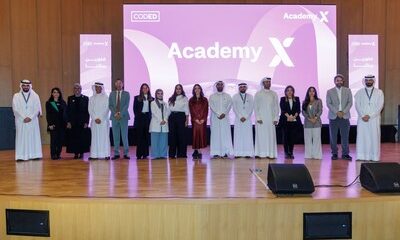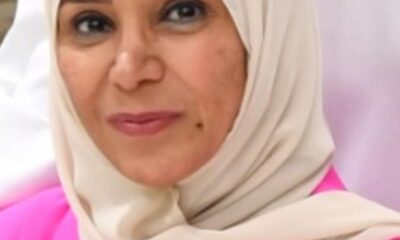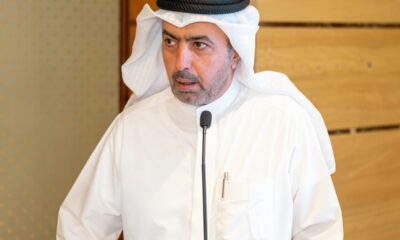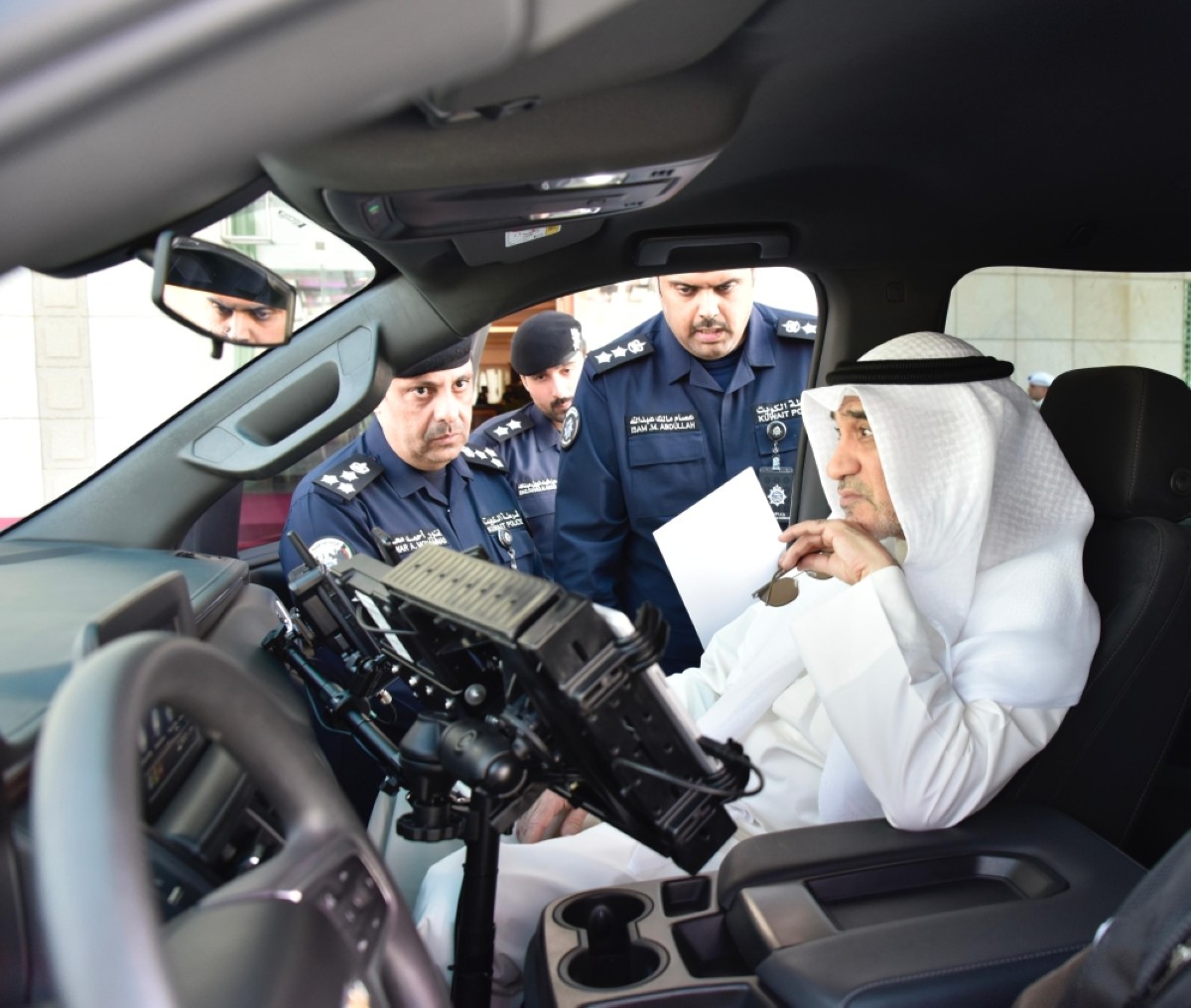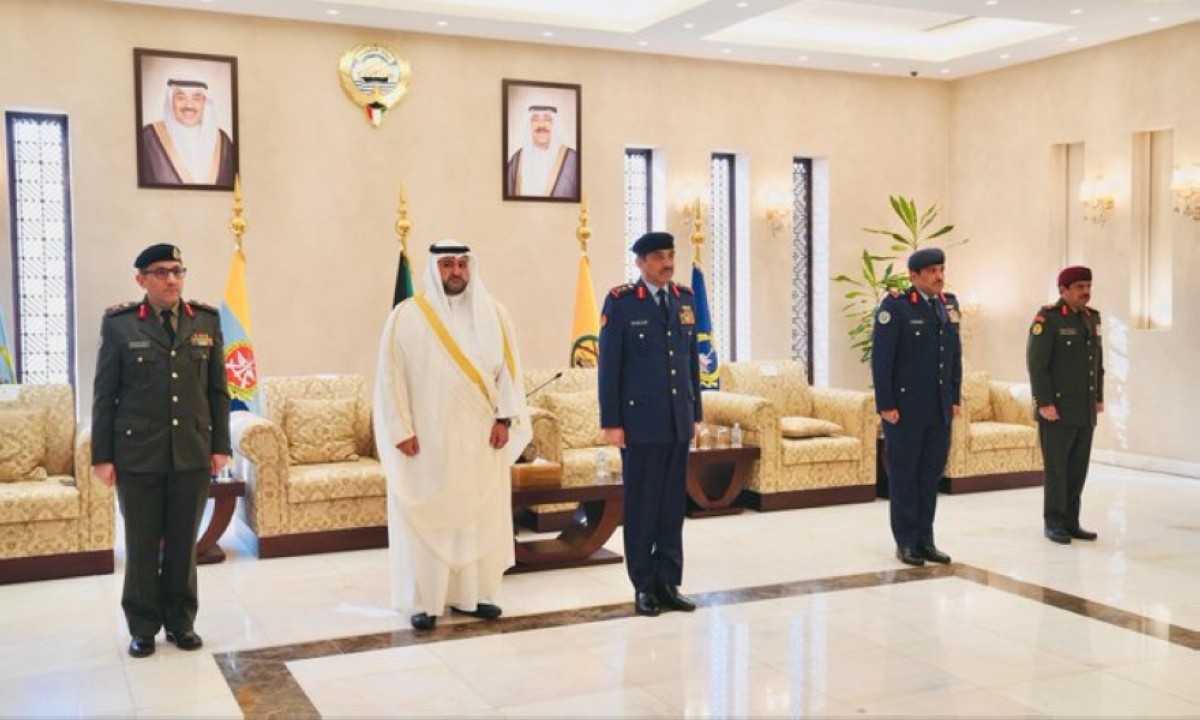Latest News
Young talents shine in NCCAL’s ‘Little Potter’s Creations’ workshop
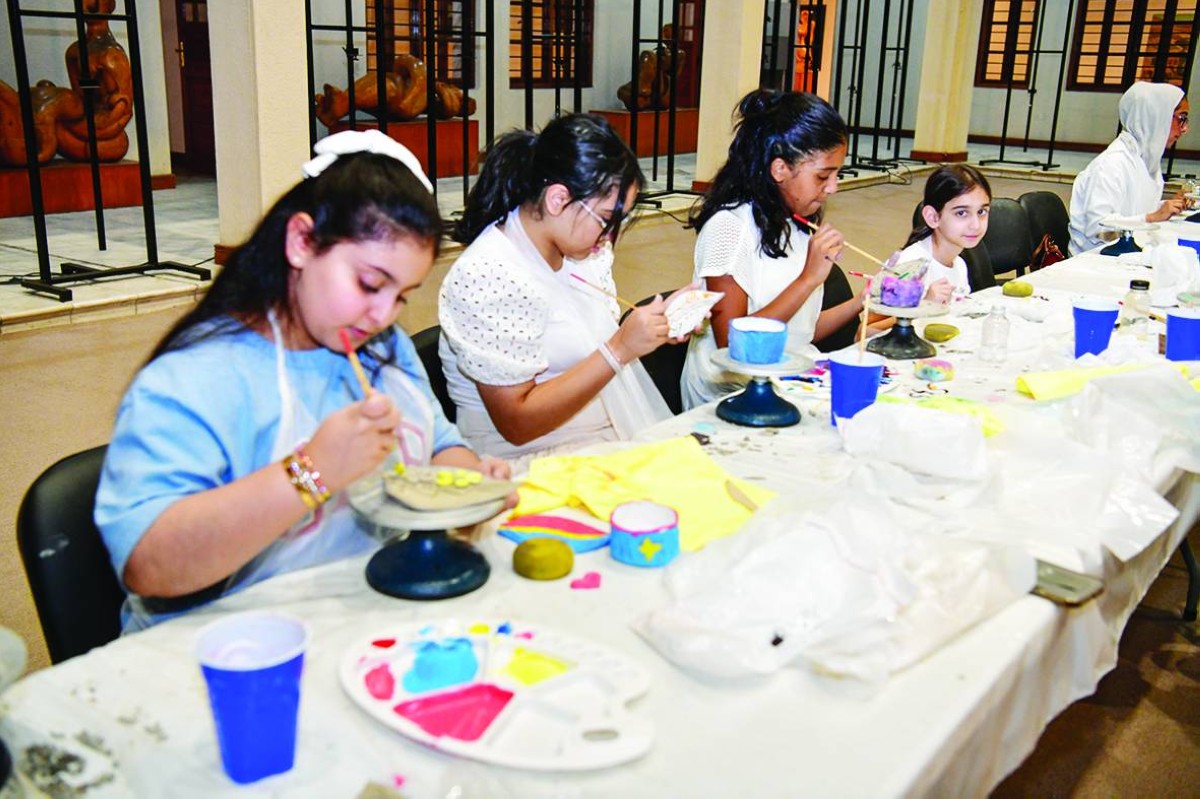
Latest News
MoI reviews smart security patrol
Latest News
Ministry launches electronic system to enhance radiation control at customs
Latest News
Army Chief decorates 35th batch of officers with colonel rank
-

 Politics21 hours ago
Politics21 hours ago61 fire safety violations found in Kuwait’s Mubarakiya Market inspection
-

 Latest News22 hours ago
Latest News22 hours agoNod to conditional foreign ownership of property in Kuwait
-

 Latest News20 hours ago
Latest News20 hours agoToday in Kuwait’s history | Kuwait Times Newspaper
-

 Politics12 hours ago
Politics12 hours agoNo Punishment Without Evidence, Acquits Man In Sorcery Case
-

 Politics11 hours ago
Politics11 hours agoHearing put off in wife murder case
-
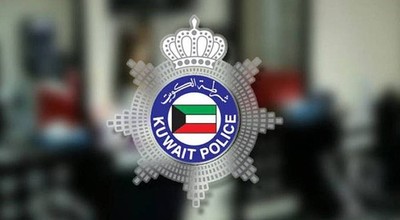
 Politics9 hours ago
Politics9 hours ago61-Year-Old Arab Expat Found Dead Inside Workplace
-
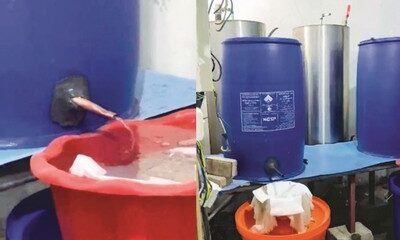
 Politics7 hours ago
Politics7 hours agoSix Asians Arrested in Abdali for Running a Liquor Factory in the Desert
-

 Business13 hours ago
Business13 hours agoCompanies and funds can own real estate in Kuwait under strict controls



